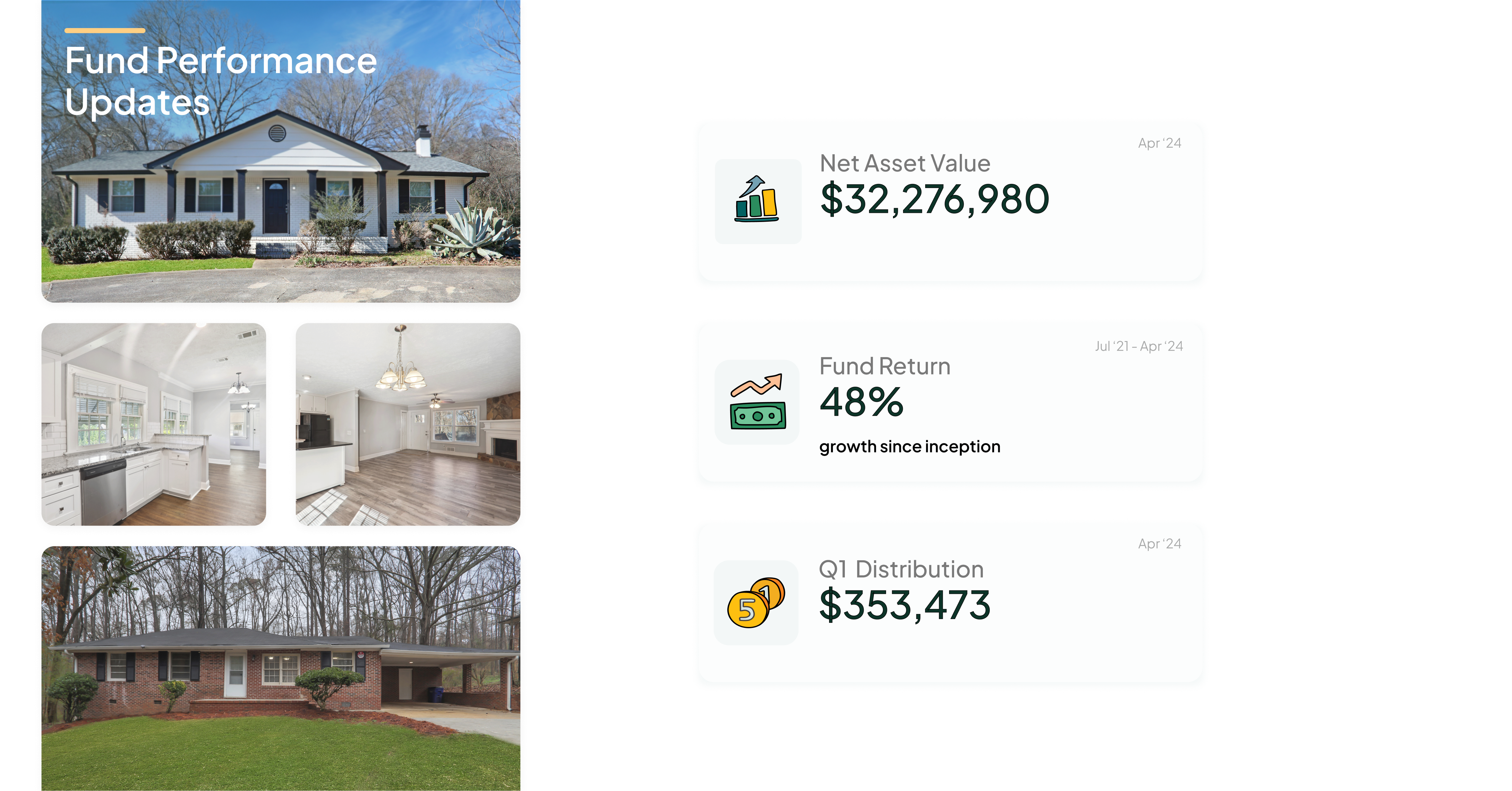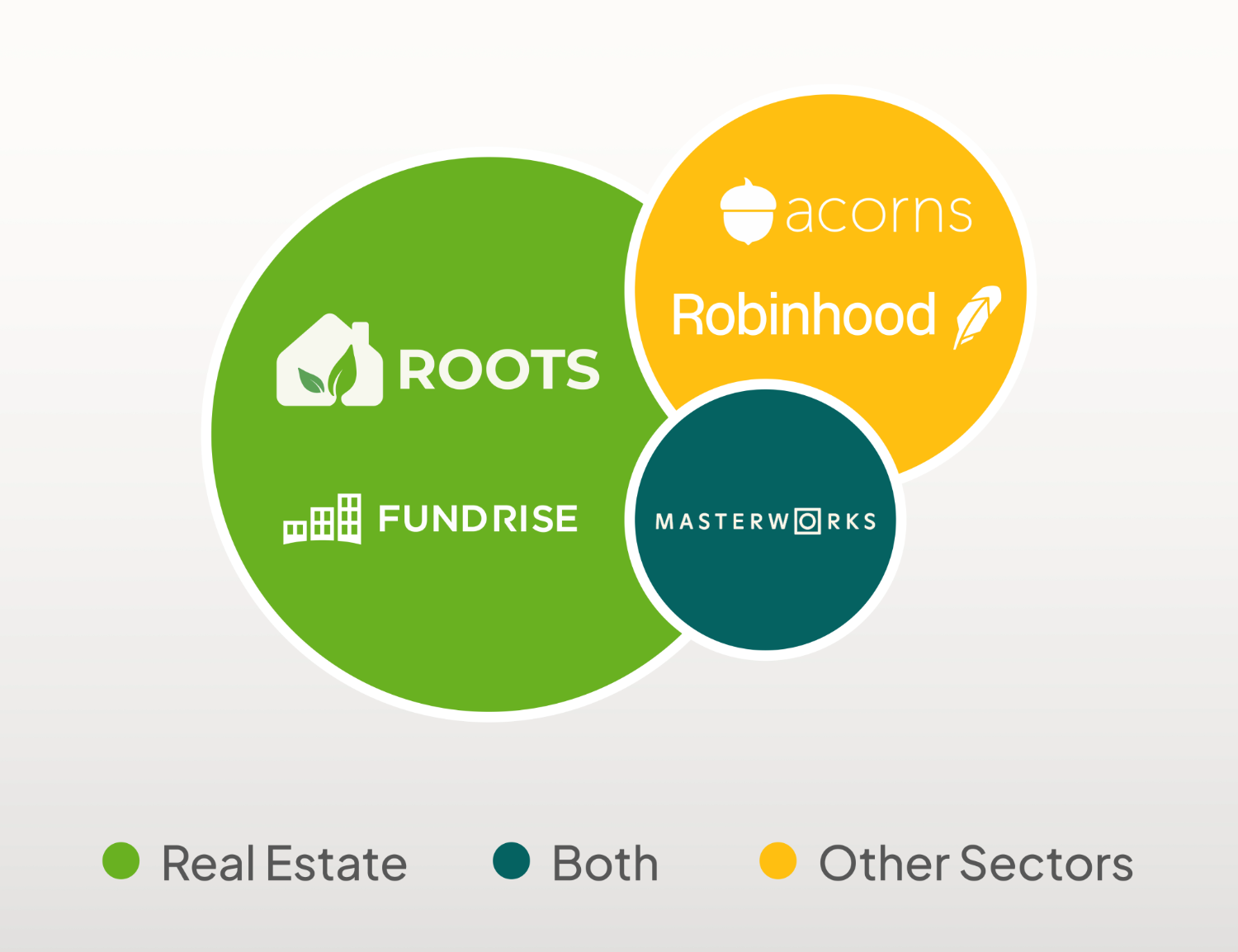Compare 3 of 2024’s Top Real Estate Investment Platforms: Roots, Fundrise, and Groundfloor
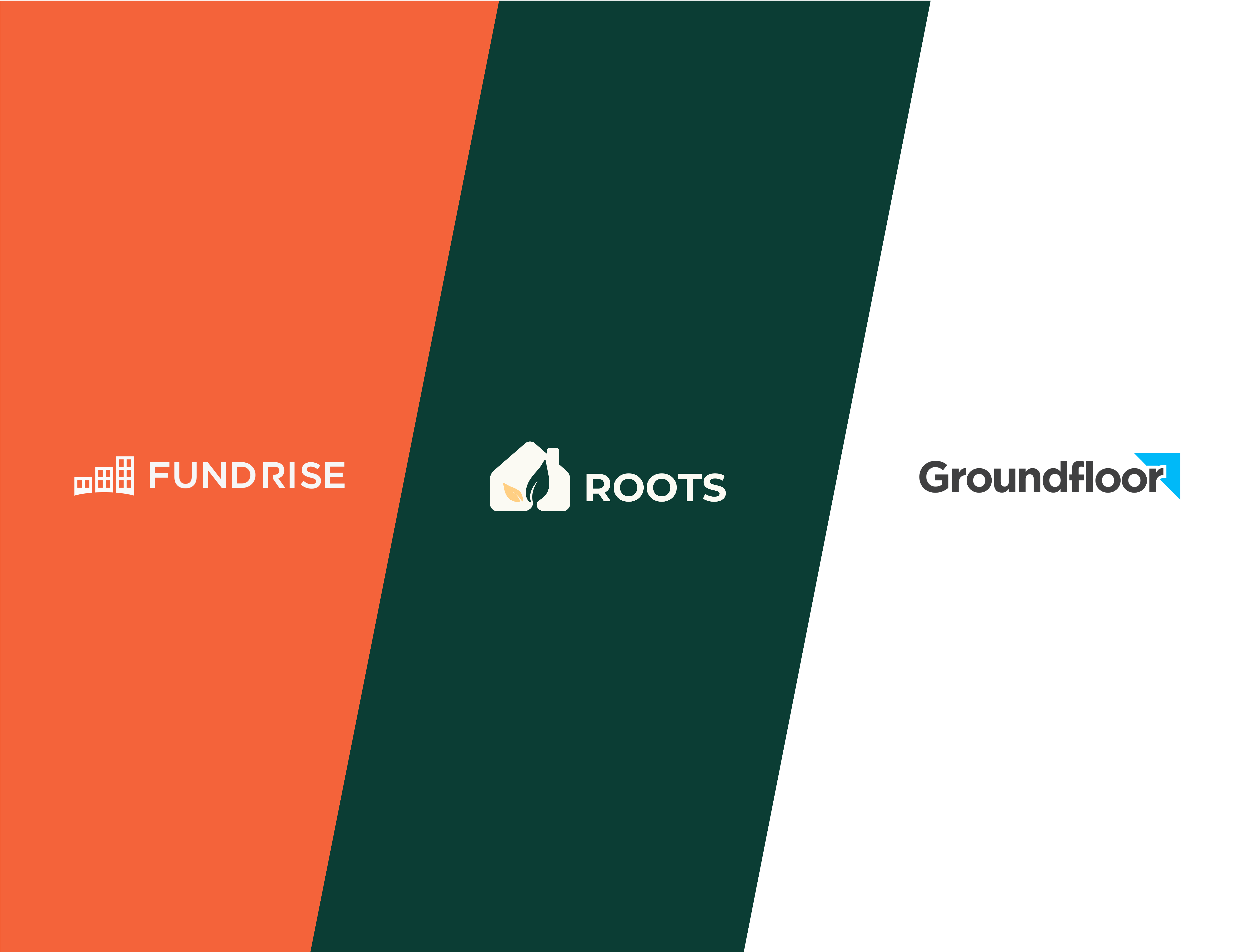
When looking to diversify your investment portfolio, real estate is one of the best options, but it isn’t always easy to get started. Finding the right place to invest can be a challenge, but Fundrise, Groundfloor, and Roots make real estate investment easy with transparent online platforms that are both easy to use and easy to understand. At the end of the day, it’s up to the investors to determine what is best for their current situation.
Fundrise may be the best option for you if you’re looking for a portfolio investment platform with a lot of property types.
Groundfloor offers a platform to both borrow money to flip and renovate homes as well as the opportunity to invest in these property loans (debt) and receive monthly interest payments, making it a great option if you’re looking for a quicker turn-around on your investment.
Roots may be the best choice for you if you’re interested in a residential focused real estate portfolio with fewer fees, a low minimum investment, and a fund that has a one-of-a-kind social impact on its renters.
Fundrise, Groundfloor, and Roots all offer great ways to invest in real estate without the hurdles of things like property management or rent collection.
Below you'll find an in-depth review of Roots, Fundrise, and Groundfloor, highlighting their differences across 5 dimensions: property type, minimums, fees, liquidity and average returns.
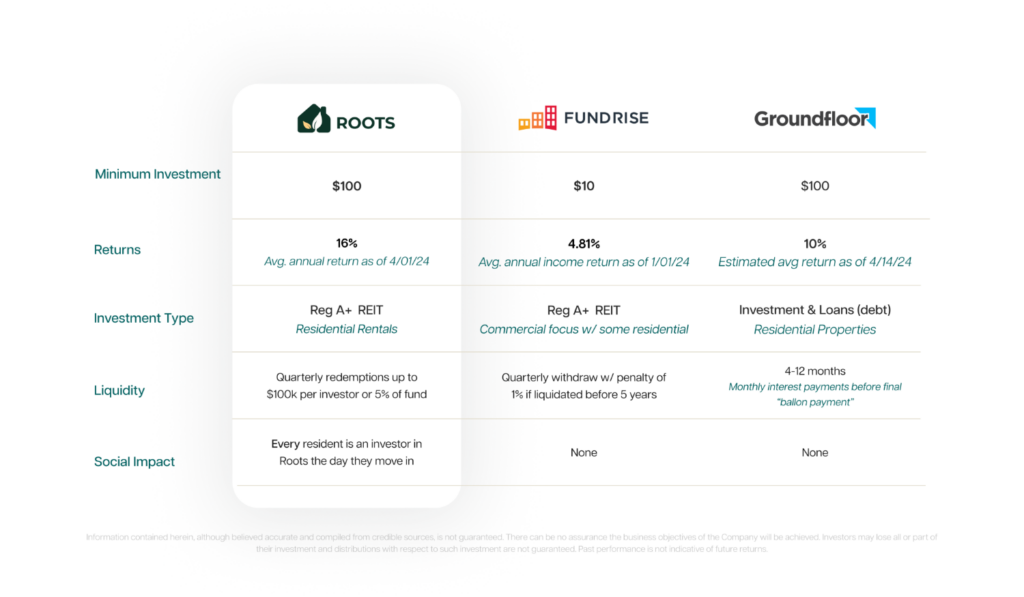
Property Type
Roots
Roots offers a portfolio of residential rental properties. Roots has a unique model where the residents of the properties get invested in the fund if they are good renters (pay rent on time, take care of the property, and are a good neighbor). This has led to less vacancy, lower turn costs, and higher returns for its investors, as you’ll see below.
Fundrise
Like Roots, Fundrise offers portfolio investment opportunities through their fully electronic REIT (eReit). The three property types available to Fundrise users include industrial properties, multi-family apartments, and single-family rentals.
Groundfloor
Groundfloor offers investments and loans for residential properties in need of renovation and fix-up. You can choose to invest in a single property or into a project, but it’s important to note that an investment is an investment in debt – not in equity in the property.
Minimum Investments, Fees & Liquidity
Roots
Roots allows you to invest with a $100 minimum. Unlike Fundrise and Crowdstreet, Roots has a lower fee structure, with only a $5 transaction fee for your first investment and a $3 transaction fee on any recurring investment. If you need to liquidate your funds before one year, you can, but there is a 6% early withdrawal fee.
Roots distributes to investors quarterly, providing investors the option to reinvest or cash out their distributions at that point in time. Roots offers the ability to liquidate quarterly as well, $100k or up to 5% of the fund.
Fundrise
With Fundrise, you can start with as little as $10, and they charge a 1% annual asset management fee, a 0.15% annual advisory fee, and a 0.85% annual investment fee. It’s also important to note that Fundrise is intended to be a long-term, illiquid investment. They offer the ability to withdraw your investment at the beginning of each quarter, but there is an approximate penalty of 1% of your total share value if it’s liquidated before 5 years.
Groundfloor
Groundfloor requires a $100 minimum investment to get started, and like Fundrise and Roots it's open to accredited and non accredited investors. If you’re an investor, Groundfloor does not have any fees, but borrowers must pay three fees: 2-4.5% of the loan amount, a $250 application fee, and $1,250 in closing costs.
Typically, the average hold time for Groundfloor investments is 4-12 months, and investors receive monthly small interest payments before making a final “balloon payment” (all the money that is owed) after the property has been sold.
Performance
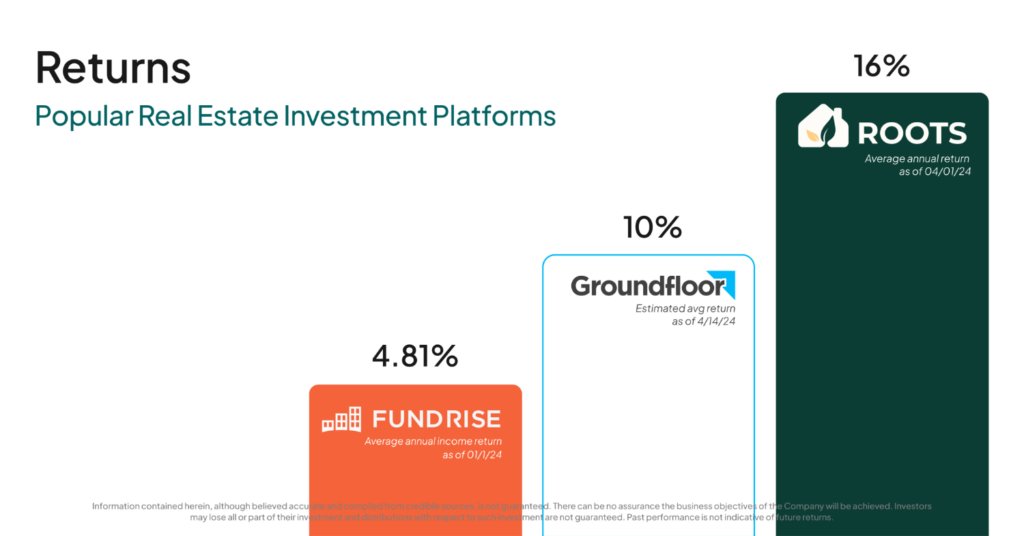
All platforms have delivered returns to their investors with Roots leading the way.
Roots had an average annual return of 16% as of April 1, 2024 and has returned 48% from July 1, 2021- April 1, 2024.
Fundrise boasts an average income return of 4.81%.
Since inception, Groundfloor has consistently averaged 10% annual returns for its investors.
Even though historically all three companies have delivered returns to investors, it’s important to remember that past results do not determine future success. Risks are always present when investing your money, so it’s important to understand what those risks are before making your first investment.
Ready To Get Started? Invest With Roots
Start InvestingImagine owning real estate where your renters wanted it to succeed as much as you do.
Start investing with as little as $100, and own a piece of the only REIT that creates wealth for both its investors and its residents. It took us years to build Roots, but you can invest in as little as 5 minutes.
Sources

